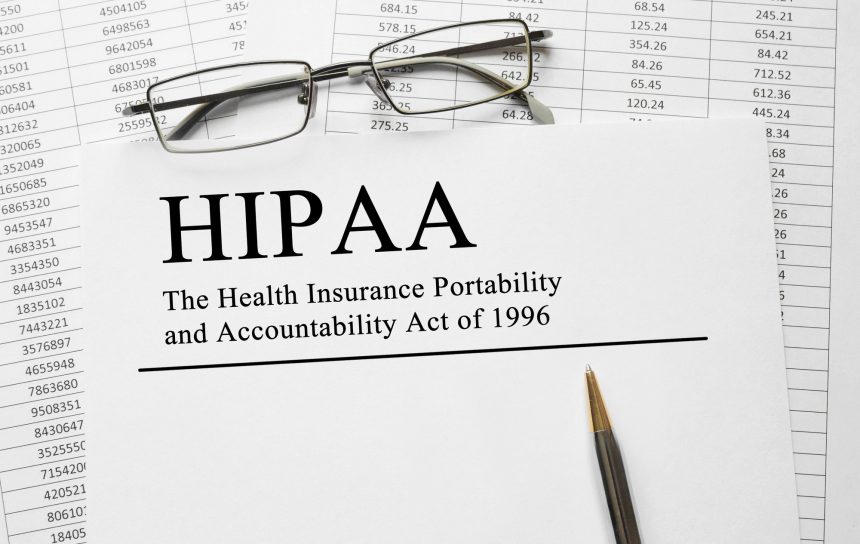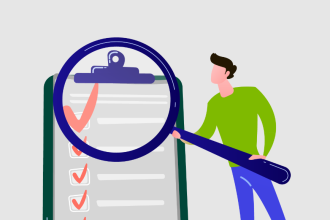In 2020, there were 19 settled HIPAA violation cases settled.
If you want to prevent HIPAA violations, you may be wondering what steps you can take so that you can keep running your healthcare center.
Thankfully, we put together a list of things you can do to improve your business security, so make sure you keep reading!
Don’t Share Login Information
You should make sure that each employee has their own login information. Each login account should also be screened to make sure that they only have access to the information that they need.
Ensure that your employees never write down any of their login credentials, and they should also never share them with anyone else.
You can also use their login information to track what their actions were and if they accessed private information. Keep in mind that if your employees use their credentials wrong and access sensitive information they shouldn’t, then it could be your job that’s in jeopardy as well. Furthermore, email security is a big concern when communicating with patients, and you should make sure you’re using a HIPAA-compliant email service (Gmail works too)
Train Cybersecurity
You should also teach your staff about cybersecurity. This will help to have everyone know when to recognize malware, spoofing, ransomware, and phishing attempts.
Every employee should also read the Acceptable Use Policy regarding HIPAA. This will teach employees about guidance when they’re accessing a network, visiting sites, or using any devices with sensitive information on it.
Use Encryption
On every device, there should be encryption that has at least 256bit AES. In fact, if you don’t have this encryption, you’re already violating a HIPAA compliance act.
You can contact someone in IT to help you get encryption compliance and have an encryption key that is unique to you and your business. With that, only you can access the data because you’ll be the only one with the master key.
The encryption also helps to protect data in case the device is stolen, so no thief will be able to access the information.
Always Protect Documents and Computers
The minimum necessary rule says that only people who need access to the information should have access, which is why all of the computers and documents should be protected.
In fact, one of the most common violations reported is the fact that data was stolen or mishandled.
Many people report having their device stolen when it wasn’t encrypted. However, many people have stolen documents as well since they weren’t secured.
Healthcare employees might be tempted to leave documents with PHI in areas where anyone can view them, but you should always take time to protect them and lock them away.
Store Files Properly
In fact, many people don’t know how to handle filing paperwork. Too often, an employee might be distracted and file information in the wrong space, especially if they’re distracted.
Make sure that your employees always focus on their tasks and that they double-check what they’re doing.
Be Careful With Social Media
Social media has made navigating HIPAA information very tricky. In fact, it increases the chance that there might be a violation.
You should create a policy where no one at the healthcare center should post anything about the patient or the facility, whether it’s images or texts. If your employees’ posts do contain something sensitive, you could be heavily fined.
In addition to that, you should be careful of who you interact with on social media. You should block, unfriend, or unfollow anyone who is a current patient at your center.
You can let them know that you’re unfriending them simply because you want to protect professional boundaries and their information. You may also want to keep your social media accounts private.
Plan for Incidents
While you can do everything to prevent a violation, you should plan for one in case it happens.
Business continuity planning is actually an objective of HIPAA compliance. You may need to take some time to do administrative work and protect your patient’s personal health information and decide what you’re going to do if a worst-case scenario does happen.
You should also have backups scheduled of all your information so that you can retrieve it if there is a breach.
Dispose of Documents Properly
When you’re done with certain documents, how do you get rid of them? Instead of throwing them in the trash, shred them. You can either shred them yourself or hire a paper-shredding agency.
This will ensure that all of the personal health information is disposed of in a safe way. The paper-shredding agency can even provide you with a receipt saying that all of the documents were properly shredded. Save this in case you are ever audited.
Install Firewalls
You should also have a firewall as a defense in addition to having encryptions. A firewall should be installed on every mobile device, laptop, computer, or tablet.
You may also want to put secure authentication on every device, like two-factor authentication.
All of these technologies will help to lock down the data so that no one can access it who isn’t supposed to.
Learn More About How to Avoid HIPAA Violations
These are only a few ways to avoid HIPAA violations, but there are many more things you can do to avoid them.
We know that running a healthcare center or business can be extremely stressful, but if you found this information helpful, we have more for you!
Check out our website to find even more help on how to run your business and avoid any of the common HIPAA violations!















